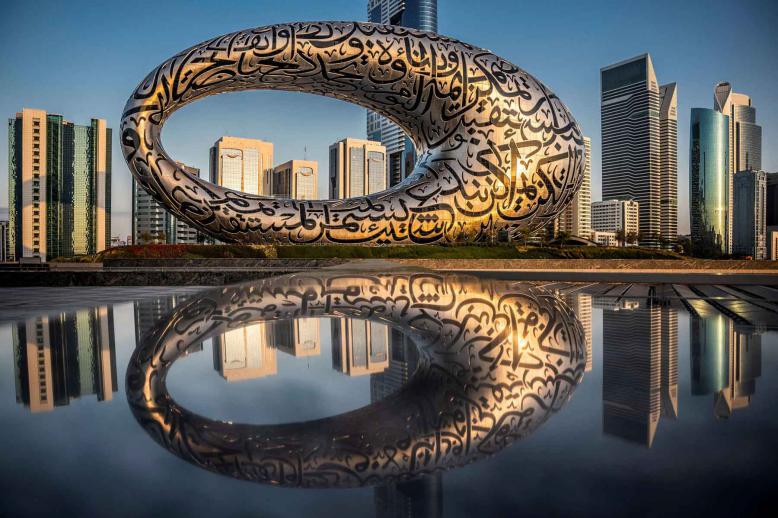Morocco's war on terrorism continues unabated
Last month’s foiled terrorist plot in Morocco was a stark reminder that the North African Kingdom keeps facing a continuous threat from both home-grown extremism and regional instability, especially in the Sahel region.
Morocco has been relatively successful in its counterterrorism efforts and managed to foil dozens of terrorist attacks thanks to a combination of strong security measures, intelligence operations, and regional cooperation.
The creation of the FBI-like Central Bureau of Judicial Investigations (BCIJ) in 2015 by the General Directorate of Territorial Security (DGST) has dismantled several terrorist cells.
With a state-of-the-art security infrastructure, BCIJ has led multiple operations, arresting numerous suspects planning attacks domestically and abroad.
The anti-terror Bureau has also targeted online radicalization networks among its pre-emptive strategies, arresting individuals involved in recruiting for groups like the Islamic State in Iraq and Syria (ISIS), also known as Daesh, and IS leaders in the Sahel region.
The dismantlement of a terrorist cell dubbed "the lions of the khilafa in the Maghreb Al Aqsa" last month across Morocco took nearly a year of investigations, said BCIJ Director Cherkaoui Habboub during a press conference on February 24.
The sheer amount of weapons of various sizes and explosives discovered under a rocky outcrop on the eastern bank of "Oued Guir" in "Tel Mzil," in the province of Errachidia showed the sheer terrorist threat that Morocco is facing and a large-scale catastrophe that Morocco’s vigilant intelligence services averted.
The seized weapons were shipped by the Emir of Daesh in the Sahel region, highlighting the growing threat coming from the uncontrolled vast territory in Africa and the persisting menace by homegrown extremism, particularly in marginalised areas.
The last significant terrorist attack, which shocked the nation, was the 2018 gruesome killing of two female Scandinavian tourists by four men, who pledged their allegiance to Daesh, in the southern region of Imlil.
Preventive strategies
Since then, Morocco’s proactive and intelligence-driven approach has proven successful in pre-empting further terrorist attacks and made the North African Kingdom one of the more stable countries in North Africa regarding terrorism.
The country has also implemented preventive strategies of rehabilitating former jihadists through religious reforms and promoting a moderate Islam that is based on co-existence and peace and counters extremist ideologies.
International Cooperation
Morocco has been working closely in the last few years with several countries in Europe, including France, Spain, Belgium and Germany, as well as the United States on thwarting terrorist threats across the continents.
On February 3, Spanish Civil Guard announced the arrest of seven suspected members of the Islamic State in security operations carried out in close collaboration with Morocco’s Directorate of Territorial Surveillance (DGST).
Three suspects were apprehended in the province of Toledo thanks to intelligence provided by the DGST regarding a group of individuals at an advanced stage of radicalization, the Civil Guard said in a press release.
Challenges
Homegrown terrorism remains one of Morocco’s biggest challenges besides the instability in the Sahel region where ISIS and Al-Qaeda terror groups are thriving and recruiting more and more Moroccans either online or for their training camps.
Morocco has also to embark on a major plan to create jobs in deprived areas and educate children on the grave dangers posed by online radicalisation because the evolving nature of jihadist threats - both online and in neighbouring regions - means vigilance remains real and critical.
Saad Guerraoui is the deputy editor-in-chief of Middle East Online







